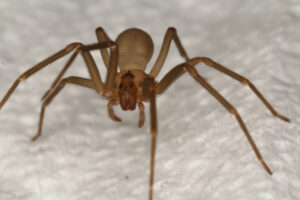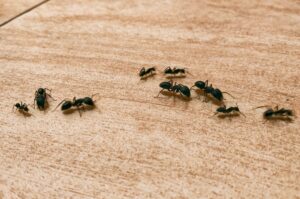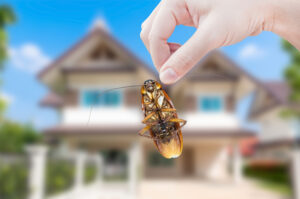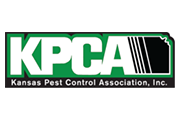It may shock you to learn that one of the biggest dangers to your electrical wiring is the possibility of rodents getting ahold of it. Mice, rats, and even squirrels are known to chew their way through just about anything, from wood and insulation to electrical wires.
Insulation can be replaced and exposed wood can be treated and sealed, but if rodents are allowed to get ahold of your electrical wiring, this can be a disaster for your home.
The Dangers of a Rodent Infestation to Electrical Wiring
Rodents are prone to chewing because their teeth are continuously growing, so they need to find things to gnaw on as a means of maintaining their teeth. If rodents find any exposed wires, they are likely to chew on them. If the electrical wiring the rodent finds isn’t protectively insulated, this could cause an electrical fire and put your entire household at risk, in addition to costing thousands or more in property damage.
The possible consequences of chewed electrical wiring include:
- Short-circuiting
- Tripped breakers
- Electrical outages
- And electrical fires
If you’re lucky enough to catch the infestation before any of these issues occur, you should reach out to pest control in Kansas City to have the problem dealt with quickly before the rodents find any wiring to chew. Call Advantage at first sight – we do it right!
How to Tell if Rodents Are Chewing on Wires
The most at-risk electrical wiring in your home is any writing that is well hidden from view. Mice and rats are nocturnal, so you likely won’t see them out and about and doing their destructive work during the day. Even so, they prefer to stay hidden in dark, small spaces. For this reason, you may not be able to catch chewed electrical wiring until it becomes an actual electrical problem.
If you do notice any electrical issues that can’t be traced to another circumstance, you should check your wiring for any chewing or fraying. It’s a good idea to inspect your wiring regularly regardless of any known issues—this can help you catch infestations before they become a serious problem. Look closely at your electrical wiring for scratches or teeth marks in addition to successfully chewed-through wires.
Beyond damage to the wires themselves, keep your eyes (and ears) peeled for these other signs of a rodent infestation:
- Rodent droppings (black, hard, elongated shape)
- Chewing or scurrying noises in walls or ceiling
- Gnaw marks on wood or plastic around the home
- Torn-up or displaced insulation
- A stale, ammonia-like smell that won’t go away
- Rodent nests
- Actual rodents (dead or alive)
Regularly check your attic, basement, and crawl space for possible rodent activity.
How to Protect Electrical Wiring from Rodent Infestations
Rather than dealing with electrical issues caused by rodents, the best thing you can do is take preventative measures. Here are a few things you can do to protect electrical wiring and deter rodents from ever entering your home:
1. Eliminate Rodent Food Sources
Rodents like to move in where they have easy access to food, so one of the best ways to keep these critters out of your home is by keeping it free of food scraps and debris that may be extra appealing to them. These rodent food sources should be kept in tightly sealed containers or in the refrigerator so as to not attract little noses sniffing out a tasty treat.
And think beyond “human food” too. Mice can also be attracted to seeds (like bird seed or grass seed), or pet food too. Even food scraps in your trash can in a garage or shed can be enticing. So it’s best to keep a tight seal on anything potentially edible, even if it’s unappetizing to you and your family!
2. Seal Up Access Points
Sealing up your garage and other access points where mice and rats can get in will help rodent-proof your home and reduce the likelihood of an infestation. Here are some ways you may want to seal up to prevent pests from getting in:
- Ensure a tight seal along the bottom of your garage door
- Seal small cracks and holes in your walls and foundation
- Caulk any gaps around piping and utility entry points
- Place mesh covers over vents and air ducts
- Check for a tight seal around doors and windows
3. Install Rodent-resistant Cable Sleeves
While this may not be a realistic solution for all the wiring in your walls, you can protect accessible wiring with plastic or steel cable sleeves. This will help reduce the likelihood of rodents chewing through wiring enough to cause an electrical issue.
4. Invest in Preventative Pest Control
While the steps above can make a huge difference, rodents may still venture into your home—especially to escape from colder weather in the chilly winter months! To ensure your electrical wiring stays safe and sound even in areas you cannot easily access, contact Advantage Pest Control to have your entire home inspected regularly. Our quarterly preventative pest control program guarantees a pest-free home. If a rodent appears in between your inspections, we’ll come out and take care of it at no additional cost.
If you notice that you have chewed electrical wiring, or if you want to keep your home pest-free before damage can occur—call Advantage Termite and Pest Control because there could be an infestation. Call us at first sight – we do it right!













